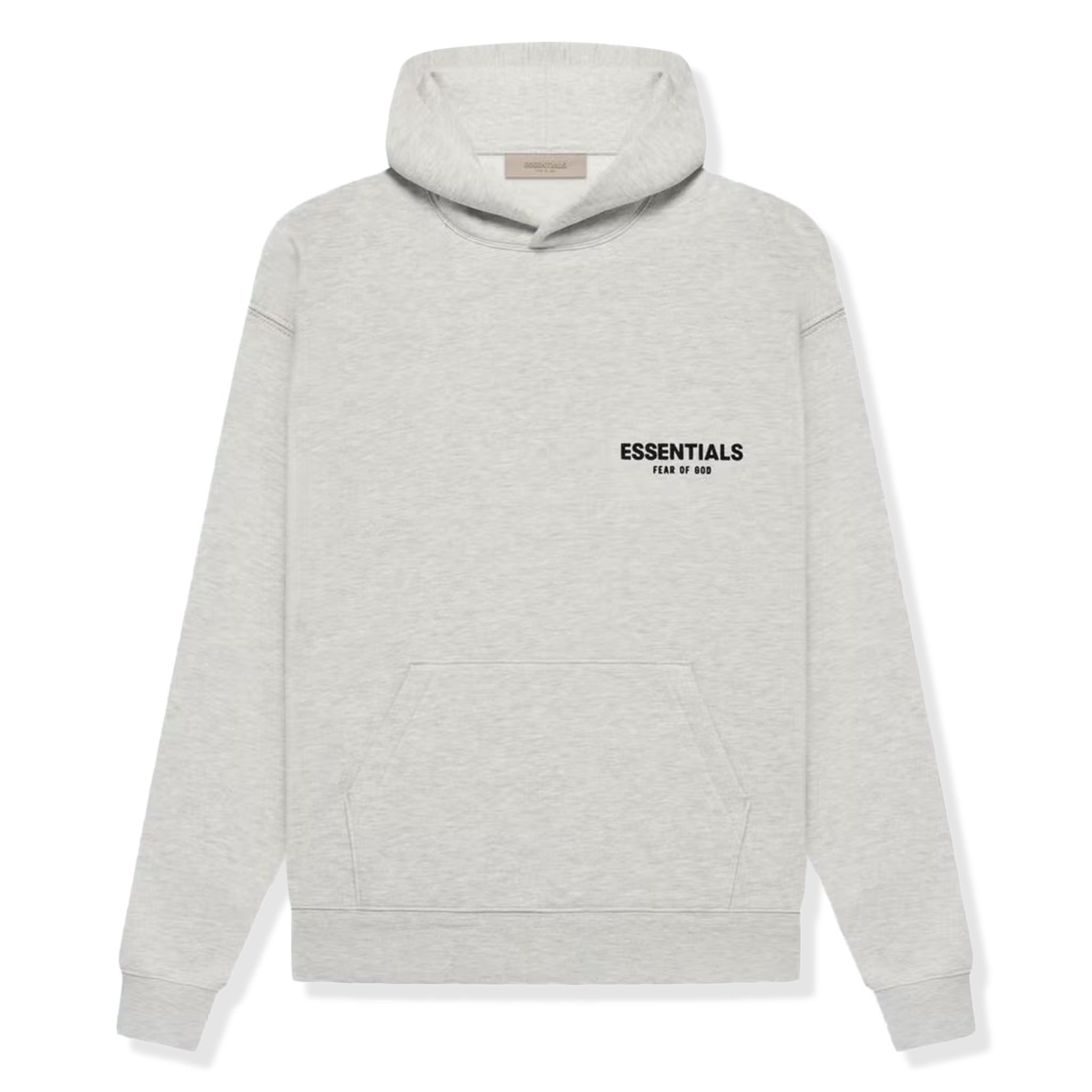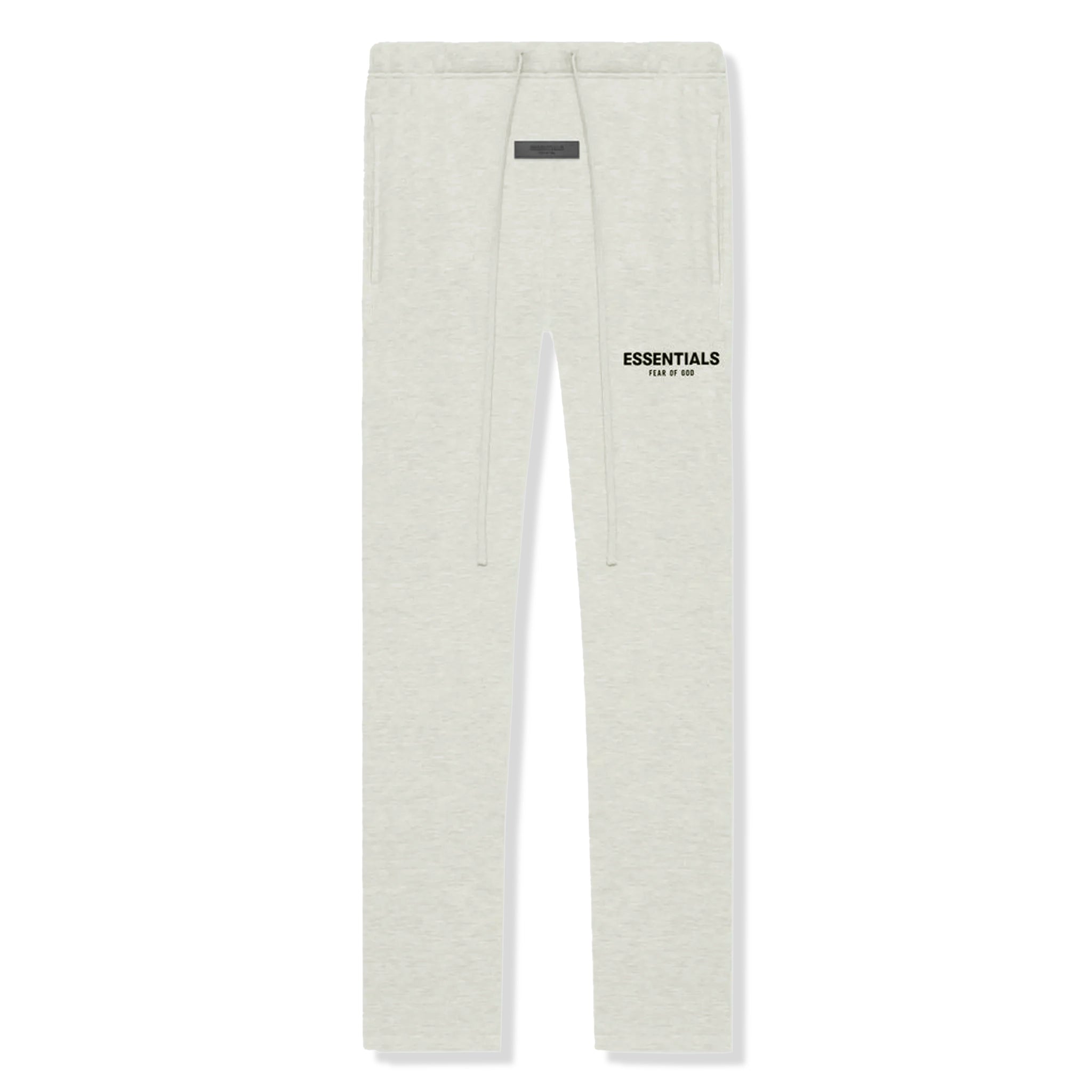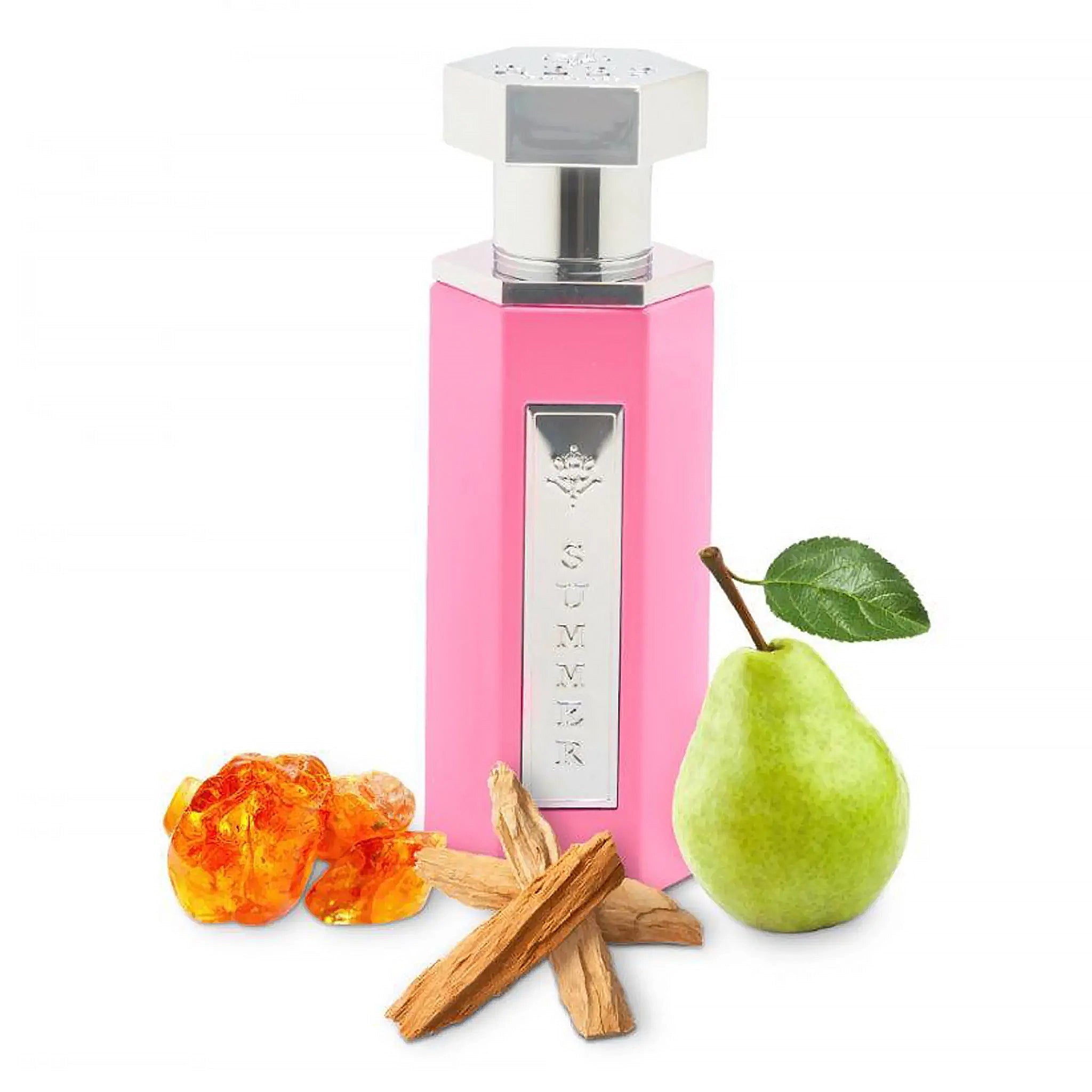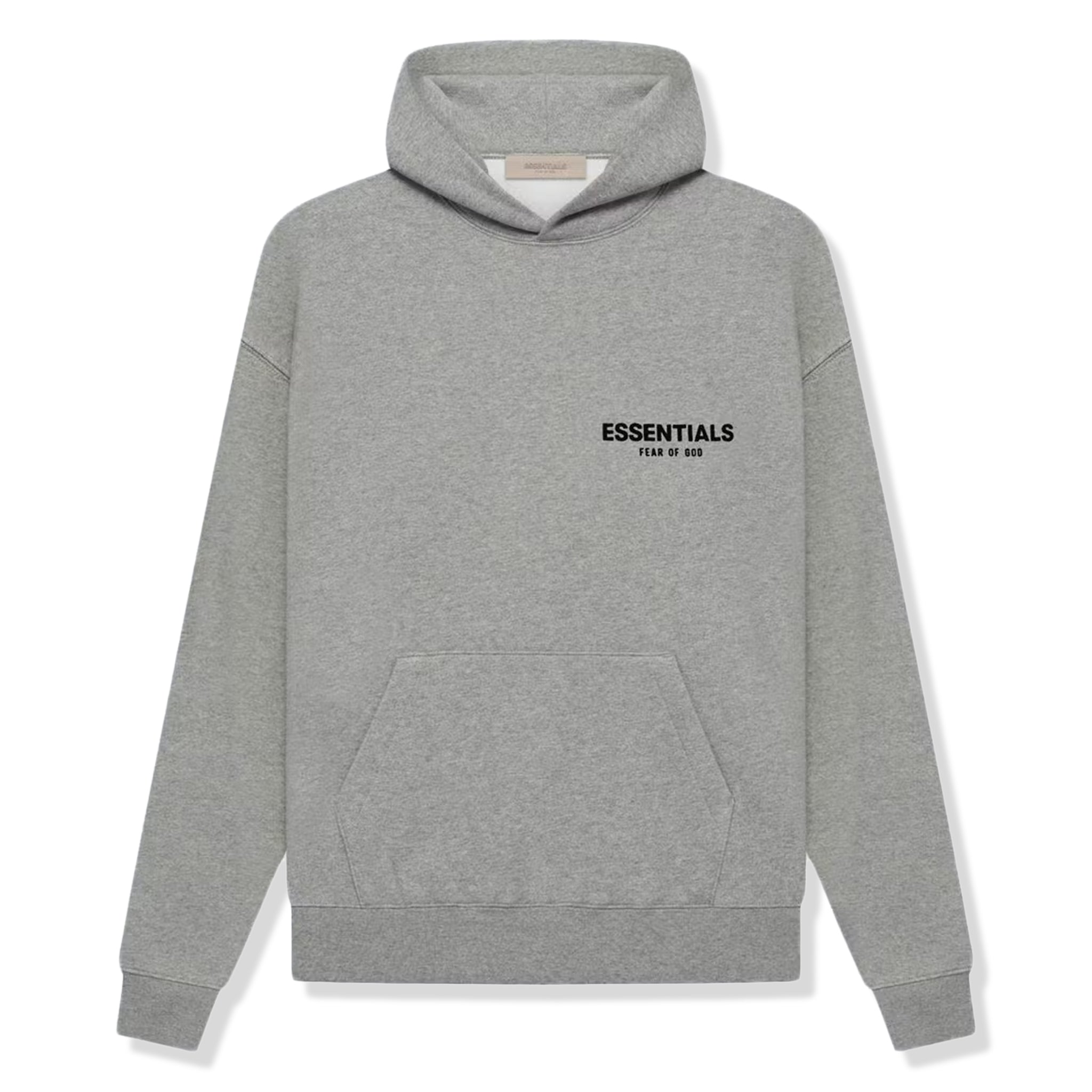Looking for the most controversial sneakers of all time? Look no further! we have delved into the most controversial sneakers ever made, exploring their history and the controversies surrounding them.
Get ready to learn about the sneakers that sparked debate and divided opinions like no other.
Nike x Lil Nas X “Satan Shoes”

Nike sued Brooklyn-based MSCHF and artist Lil Nas X at the beginning of 2021 for the development of the "Devil Shoes." These sneakers were a modified version of the Nike Air Max 97. They had a devilish red and black colour scheme, and the air bubble in the shoe's heel contained a red liquid that MSCHF claimed was human blood.
Nike forced MSCHF to repurchase all 666 pairs of shoes that were sold because they had no participation in the creation, manufacturing, marketing, or selling of the footwear.
Prior to 2019, MSCHF had distributed a pair of "Jesus" shoes that they claimed contained holy water from the Jordan River.
Ari Menthol 10

Regarded as one of the most controversial sneakers of all time, the Ari Menthol 10, created by designer Ari Saal Forman in 2006, stands as a symbol of rebellion against two behemoths - Nike and Big Tobacco. In response to feeling exploited by these corporations for taking too much and giving too little back, Ari conceptualized the Ari Menthol 10 as a form of social experimentation.
The shoe's design features the colours and logos of the Newport Tobacco company. Given the similarity between the Newport emblem and Nike's trademark swoosh (when inverted), this served as an ideal foundation for the sneaker. The sneaker's shape itself also looks rather familiar to that of the Nike Air Force 1.
Packaged in a box fashioned after a Newport cigarette carton, a mere 252 pairs of the shoes were produced and sold exclusively in New York in June of 2007. Following its release, Nike issued a cease and desist order to Ari, and soon afterwards, Newport also became involved. After an extensive legal battle, the Ari Menthol 10 was banned.
Nike SB ‘Heineken’ Dunk (2003)

Originally planned to be released during the 2003 silver box era, this Nike SB Dunk earned the nickname 'Heineken' from the skate community due to its resemblance to the beer's signature colours.
However, Nike faced a setback when the Dutch brewing company issued a cease and desist order before the shoe's release, causing Nike to withdraw it from shelves.
Interestingly, the controversy only added to the shoe's appeal, making it even more desirable among sneaker enthusiasts. Today, the unofficial Heineken colourway remains one of the most sought-after Dunk releases ever.
Nike Air Bakin

In 1997, the Nike Air Bakin made its debut on store shelves and was worn by Tim Hardaway on the basketball court.
However, the sneaker's popularity was short-lived due to controversy over the logo on the heel, which resembled the Arabic text for 'Allah' and offended members of the Muslim community.
Nike attempted to remedy the situation by adding a fabric patch to cover the logo, but ultimately decided to recall all 38,000 pairs of the shoe. The Air Bakin was a key component of Nike's basketball line, which also included the Air Grill, Air Melt, and Air B-Que.
In later releases of the Air Bakin, Nike replaced the contentious logo with their classic Nike Air branding.
Nike Air Jordan 1 ‘Banned’

In 1985, NBA superstar Michael Jordan was making a name for himself on the court, wearing the then-new Air Jordans. However, he ran into a problem: the colourway of his sneakers violated the NBA's uniform policy, resulting in a fine every time he played in them.
Despite the penalties, Michael Jordan did not replace his beloved Air Jordans. He continued to wear them, accumulating $5,000 in fees each time. Although Nike paid for the fines, they capitalized on the controversy by embracing Jordan's "bad boy" image and using it in their marketing.
While the exact details of the story may be unclear due to its age, the Air Jordan brand remains popular to this day. If Jordan did indeed break the NBA's rules, it ultimately paid off in a big way.






















